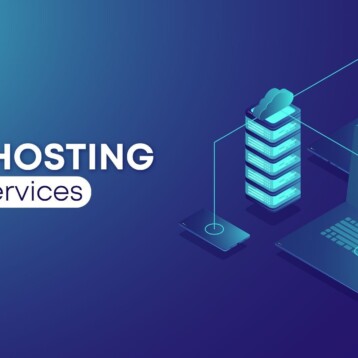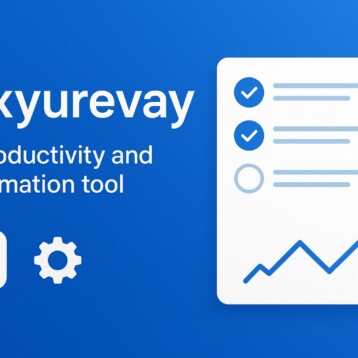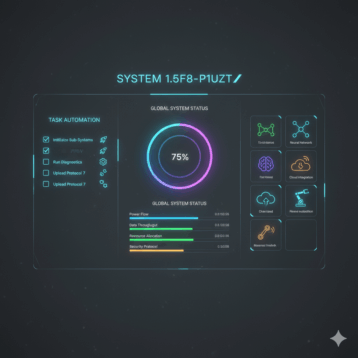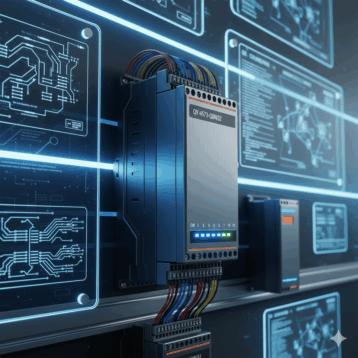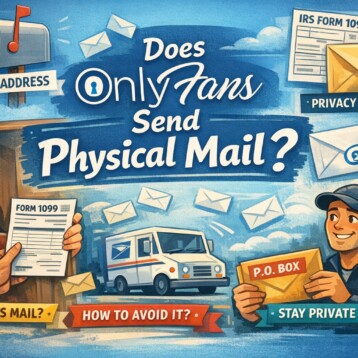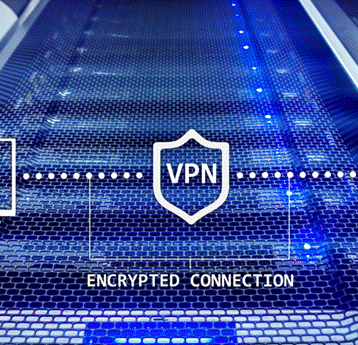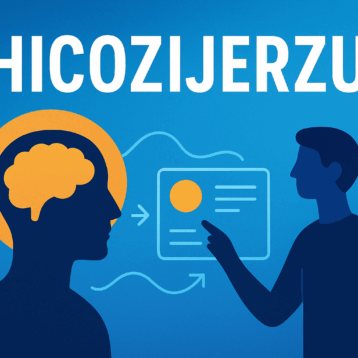
Most of your information interacts with the web. You likely use it every day without thinking about it. What if someone with bad intentions was able to get your data?
Many groups want to intercept your data. Governments, corporations, and hackers. Your information is more valuable than you think.
Governments seek to censor and spy on you. There’s a lot of information out there about psychology, systems and other things powerful elites would like to keep hidden. If they can keep their populations ignorant, then it’s easier to hold power.
Quite a few are collecting bulk amounts of data in the name of “protecting the greater good.” There’s plenty of reason to believe that “protecting the common good” will be perverted into crushing those who dissent. Power in the hands of a few leads to corruption.
Encryption uses a secret key to scramble data according to a pattern. Then, they enter the key like a password into a special set of steps called a cipher to show the message. Ciphers with more steps and possible outcomes are the most secure out there. Only the people who know the key can view the regular content.
Many people use these to protect their personal information. If you’ve used a site with a green padlock in the corner of the web address bar. These are a good first layer of protection, but not all sites have them installed. Fortunately, there is an even stronger solution.
Consider Getting A High Quality VPN
The quickest and easiest way to make your privacy safer is getting a VPN. Virtual Private Networks are an encrypted tunnel between your computer and a server. Your traffic will be forwarded from that server to the places you visit online.
The IP address others seen will be from the server you choose. All the data between you and the server will look like scrambled nonsense.
You might consider trying a service like Surfshark who uses industry-leading encryption to keep you safe.
Your VPN should also include private DNS servers to prevent DNS leaks, and it should offer many servers in many different countries. Data flowing on your home network will be given an extra layer of protection.
Other smart things to look for are the number of servers a company offers. The more servers they offer, the easier it will be to stream content and get around geo-blocks. Content companies are aware of VPN use and try to block an IP address if many people are using the same one.
Why Do They Want Personal Data So Badly?
Corporations seek to spy on you to make ad revenue. Net neutrality was squashed in the United States in 2017. This means that an ISP can log home internet traffic for selling it to third parties. They can throttle your content when you are streaming and playing online games too.
Based on how much they spent lobbying on this idea, you can bet that they are looking to use their new legal abilities.
Corporations block you based on geography. Many times movies, shows, and video games are exclusive to certain regions. You can route your traffic through a server located in one of these countries. The encryption means that no one else knows the difference.
Sometimes ISPs throttle you for using too much data. A way around this is to encrypt your traffic and run it through another server without bandwidth limits. The VPN market is very competitive and many hosts don’t restrict your bandwidth usage.
Corporations are also beginning to censor content. They are often willing to do the work of the government. Other times they have their own agenda.
Many users on Facebook and Twitter report being censored for saying something others see as offensive. This can lead to their account being permanently banned. In order to use the sites ever again, it means they must change up their online footprint.
How Exposing Your Unencrypted Traffic Is Risky
Hackers can hurt you in many ways. It is better to put a layer between the possible hackers and you. This makes it harder for them to directly target your IP address and networking services.
They can steal your information if the traffic is in plain text. This text can contain passwords, national identifying numbers, dates of birth and much more. Credit card numbers are another example of what a rogue server can steal.
Some hackers run these servers and then list them on free proxy sites. Others of these servers are hacked without the administrator knowing it. Injecting ads into your browser is another hidden cost of using “free” unencrypted servers on the internet.
Many routers have big security holes in them. You can never be sure who else is on your network. They can also stop man-in-the-middle attacks on your home router. Man-in-the-middle is when someone controls a router, server or website to tamper with your networking.
They can use software like Wireshark to set their network card to listen to via promiscuous mode. This means their card is set to listen to everything on the network. All the traffic it catches can be reconstructed and viewed.
This gives them a very good idea of what you’ve been browsing. It will give away everything you were doing in most cases.
Sometimes they can even take your traffic and embed a malicious payload to directly hack your computer’s network services. They can even insert malware into pdf attachments sent in a captured email. Hackers could also simply use the knowledge they gained to socially engineer you.
Social engineering is the art of using a story to get others to drop their guard. This pretext gets them to divulge info to the social engineer as if the engineer is actually from the utility company or bank. Many people aren’t aware enough to realize they were fooled.
Many of the major security breaches in history relied on trickery. It is the surest way attackers have to bypass firewalls and locks. A brain in front of a computer is the greatest vulnerability they say.
Others may be interested in your professional information. The contact information of your customers is worth its weight in gold. Another reason would be to steal secrets about your internal processes. You should use a VPN while doing business to protect your info at all times.
They can DDoS your unencrypted home router if it isn’t set up properly. A VPN host with good DDoS protection can stop that. If you are streaming a vlog (video blog) online or playing a game, your router might be targeted.
Keeping Your Browsing Safe
Many websites have installed SSL certificates to help encrypt your data. These are the green lock symbols in the address bar of sites you visit. Not all sites have installed these certificates properly. But, they’re a solid attempt at protecting traffic.
It’s wise to get your own encrypted server to give your network’s traffic another layer. There are examples when regular Wi-Fi encryption is crack-able. Some public Wi-Fi networks don’t even bother with encryption.
VPNs prevent man-in-the-middle attacks from redirecting you to fake web addresses. Extra encryption layers protect your information by making it harder to decode.
You wouldn’t let your next door neighbor watch your every move. However, people don’t care if it’s a group of strangers who claim good intentions. This is a very dangerous and naive mindset, unfortunately.
There are too many bad people who’d like to abuse your privacy for sketchy reasons. They don’t care who their victims are in many cases, it’s often related to power trips. The others just want a quick and easy buck. Consider learning about encrypting your traffic more securely to stay away from these cyber creeps.

